
Discussing in the hall about some contents with different opinions of the draft Law on Water Resources (amended), on the morning of October 26, delegates agreed to invest in building a national water resources database information system for common and unified use nationwide.

Chairman of the National Assembly's Committee on Science , Technology and Environment Le Quang Huy presented a report explaining, accepting and revising the draft Law on Water Resources (amended). Photo: Doan Tan/VNA
However, some delegates proposed adding regulations on the deadline and roadmap for completing this work to serve the management and administration of water resources using digital technology at the central and local levels.
Regulate and distribute water resources effectively
Presenting the Report on explanation, acceptance and revision of the draft law, Chairman of the National Assembly's Committee on Science, Technology and Environment Le Quang Huy said that many delegates suggested that the principles of management, protection, regulation, distribution, development, exploitation, use of water resources, prevention, control and overcoming of harmful effects caused by water (Article 3) need to unify water resources management and have division of labor and decentralization; link ensuring water security with national security and sovereignty ; comprehensive and unified water resources management according to river basins; and effective regulation and distribution of water resources.
Incorporating comments, the draft law has been revised to be concise, highlighting general principles and priorities in water resources management, separating the responsibilities of water resource management and management of planning, construction, and operation of water exploitation and use works.
In addition, the draft law has added the content of ensuring water security to the principles of management, protection, regulation, distribution, development, exploitation, use of water resources, prevention, control and overcoming of harmful effects caused by water.
There are suggestions to consider banning or restricting groundwater exploitation for individual exploitation entities in areas with centralized water supply systems.
According to the Chairman of the Committee on Science, Technology and Environment, the draft law only stipulates prohibited and restricted areas for groundwater exploitation in areas where groundwater levels are continuously declining and at risk of falling too low; areas where subsidence has occurred or is at risk of subsidence; and areas where groundwater sources are at risk of saltwater intrusion. As for areas where a centralized water supply system is in place to ensure water supply for daily life and production, groundwater exploitation by organizations and individuals will not be restricted to ensure the legitimate rights and interests in exploiting and using water sources. Therefore, the National Assembly is requested to keep the draft Law as it is.
Some opinions proposed to clearly define the basis, principles, and solutions for regulating and distributing water resources; others suggested to review and revise regulations on the need to forecast the annual water resources situation in order to have plans to regulate water resources for water exploitation and use subjects; and the responsibilities of ministries, branches, and localities in regulating and distributing water resources.
The National Assembly Standing Committee found that regulating and distributing water resources is an important activity to ensure stable exploitation and use of water for economic sectors, overcoming the overlapping situation between the provisions of the Law on Water Resources and specialized laws related to water exploitation and use under the management responsibility of ministries and branches. Therefore, taking into account the opinions of delegates, the draft Law clearly stipulates the basis, principles, solutions, scenarios, plans for regulating and distributing water resources and the responsibilities of relevant ministries, branches and localities.
There are suggestions to clarify the principles of licensing the exploitation and use of water resources to ensure transparency and serve as a basis for detailed guidance in the decree. In response to the above comments, the draft law has added licensing principles such as ensuring the interests of the State, the rights and legitimate interests of organizations and individuals involved in water exploitation; not causing degradation, depletion, or pollution of water sources when conducting exploration, exploitation, and use of water resources.
Clarifying the functional zoning of water resources

National Assembly delegate of Ba Ria - Vung Tau province Huynh Thi Phuc speaks. Photo: Doan Tan/VNA
Discussing in the hall, National Assembly deputies basically agreed that the draft law dossier had been carefully and meticulously prepared, absorbing the opinions of the deputies, more complete than the draft submitted to the National Assembly at the previous session, and qualified to be submitted to the National Assembly for consideration and approval.
Delegate Huynh Thi Phuc (Ba Ria - Vung Tau) said that the Law on Water Resources (amended) has been absorbed, revised, supplemented with regulations, institutionalized a number of major policy groups on ensuring water security, socializing the water sector, water resources economics, protecting water resources, preventing and combating harmful effects caused by water, and amending and supplementing a number of other policies...
To avoid overlap and difficulty in application in practice, delegate Huynh Thi Phuc proposed clarifying the functional zoning of water resources determined in the master plan of inter-provincial river basins, provincial planning and intra-provincial water resources; at the same time, supplementing plans for exploitation, use, protection of water resources, prevention, control and overcoming consequences and harms caused by water. In provincial planning, along with zoning, water resource functions need to be determined in the master plan of inter-provincial river basins.
In addition, delegate Huynh Thi Phuc suggested studying and adding more regulations related to the output and exploitation to be more flexible in unusual weather conditions and from practical requirements of production and business as well as serving people's lives; at the same time, consider the content of pumping and draining water to drain the amount in the bottom of mineral exploitation to avoid overlapping with regulations on waste management stipulated in the Law on Environmental Protection.
Commenting on the regulations on the water resources data information system, delegate Vuong Thi Huong (Ha Giang) emphasized that the database information system plays an important role and is a prerequisite for digital transformation. Therefore, developing data infrastructure is one of the important tasks that need to be prioritized. Establishing a water resources database information system is essential to effectively serve the state management of water resources.
However, in reality, most localities have not yet built a local water resources monitoring network; there is no local water resources information system or database. Meanwhile, information, data, survey data, and water resources monitoring assessments are scattered, and digital transformation in the water sector has not been carried out, so they have not met the requirements of water resources management.
To solve this situation, delegate Vuong Thi Huong proposed investing in building a national water resources database information system for shared and unified use nationwide. In particular, the software system of tools supports, makes decisions on water distribution regulation, reservoir and inter-reservoir operations in real time and accompanying services for exploitation and use.
Delegate Vuong Thi Huong also proposed to add regulations on the deadline and roadmap for completing the construction of the national water resources database information system to serve the management and administration of water resources using digital technology at the central and local levels.
According to Tin Tuc newspaper
Source






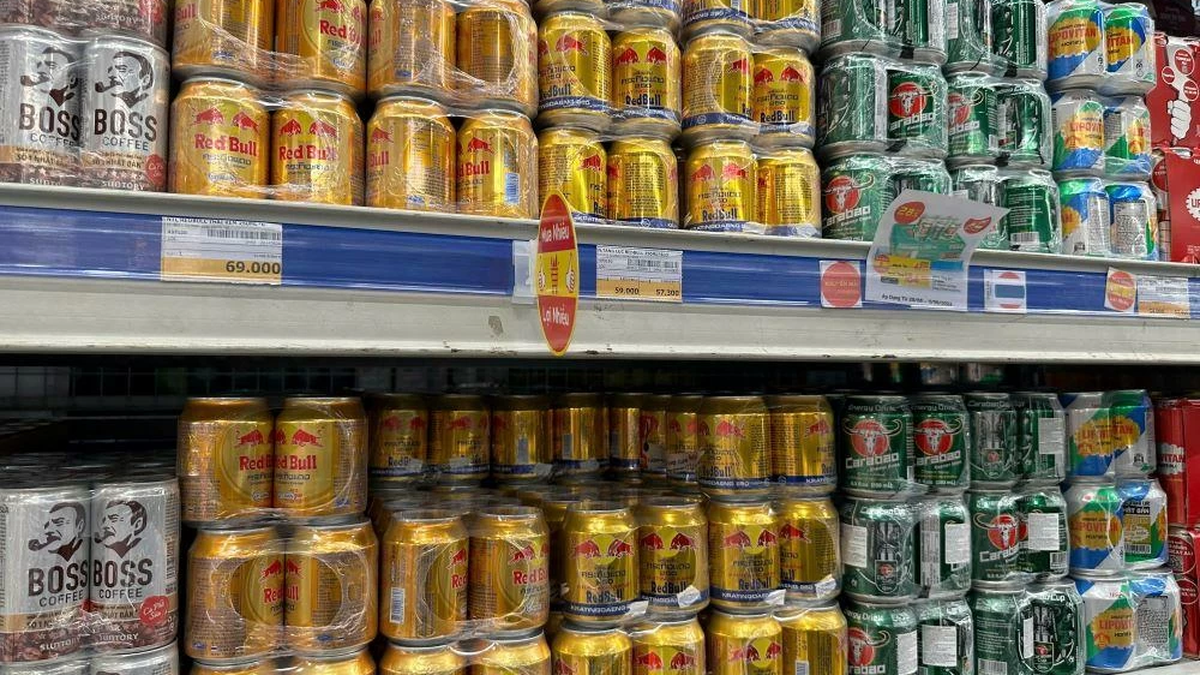
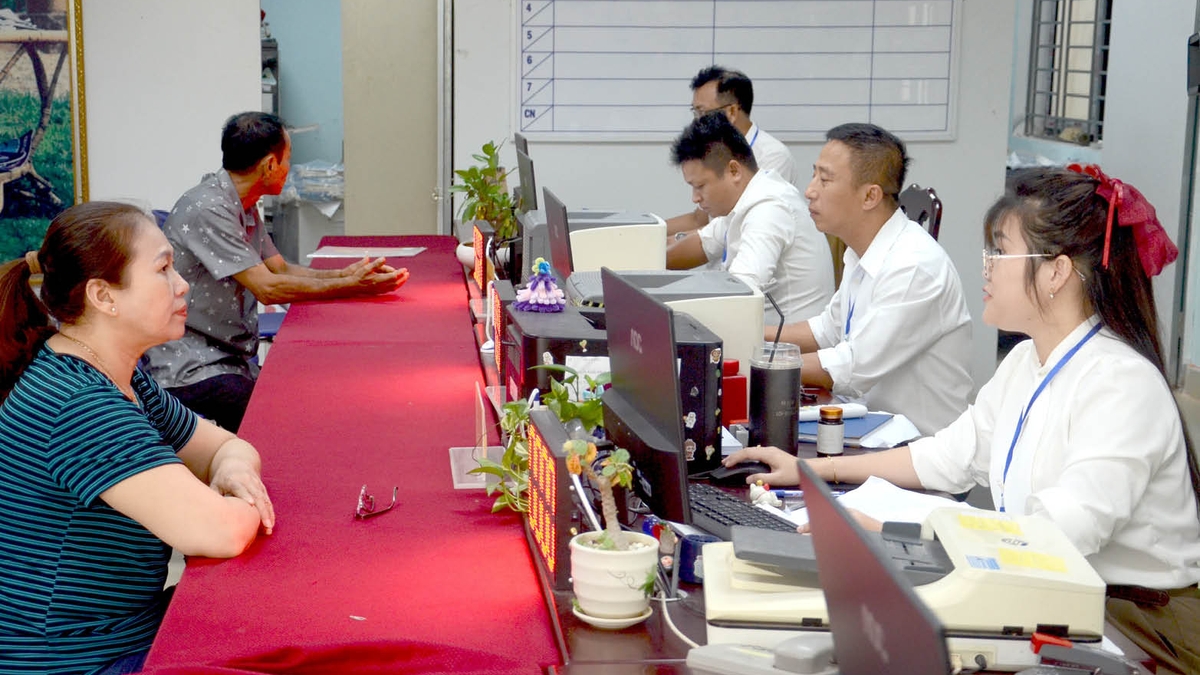

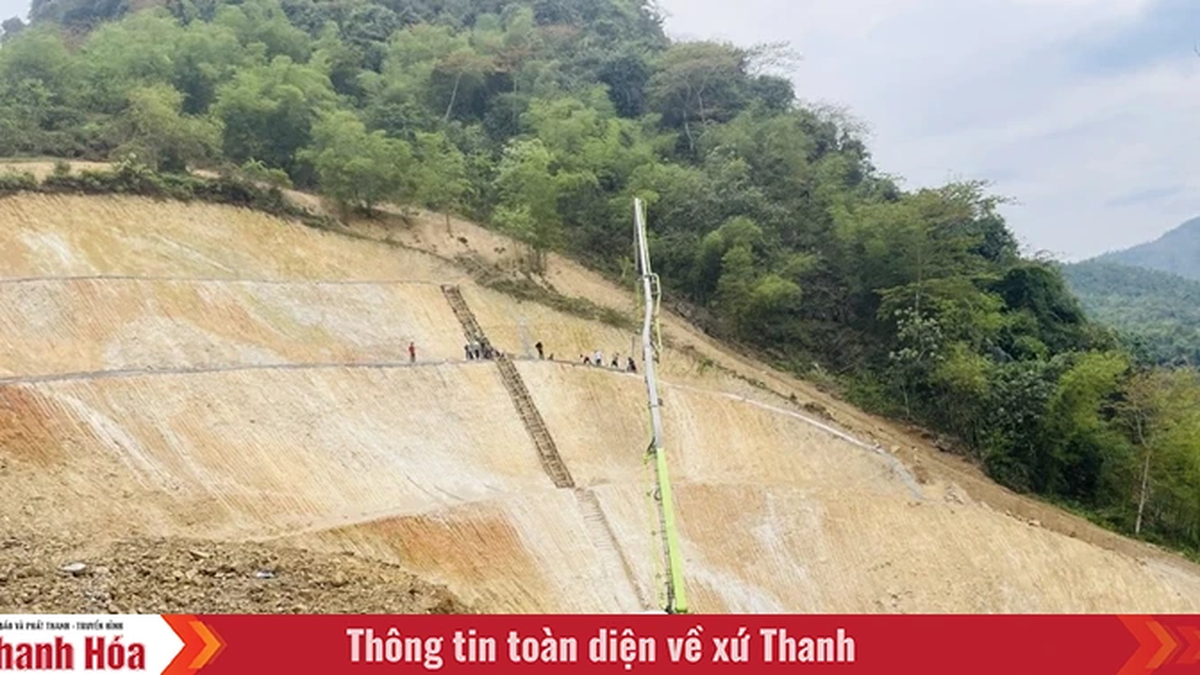
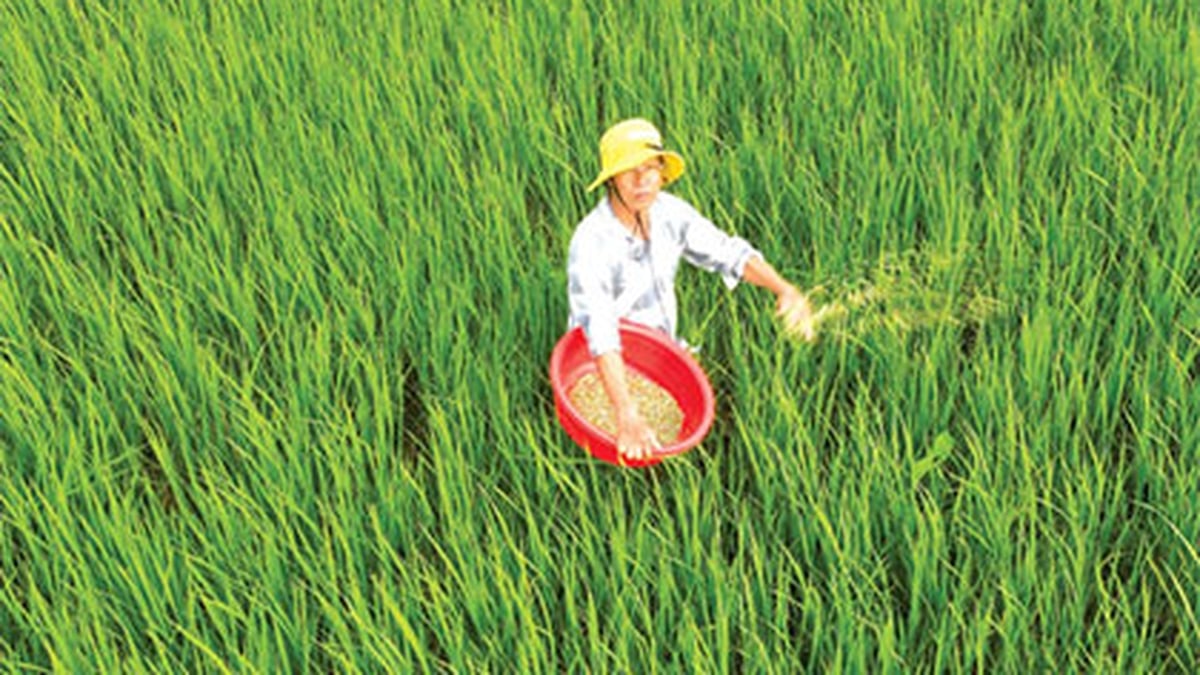
























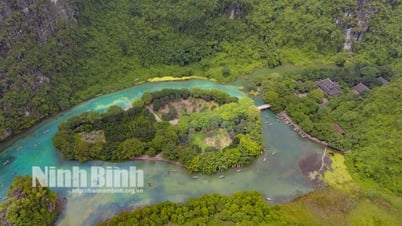

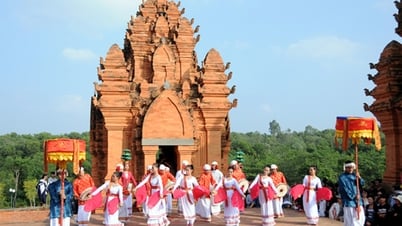



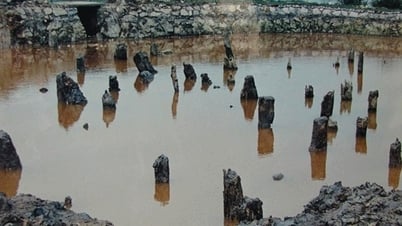






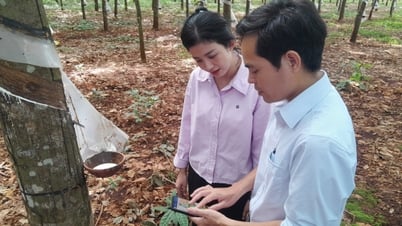



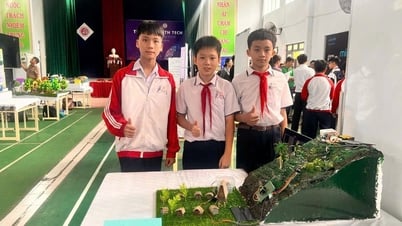







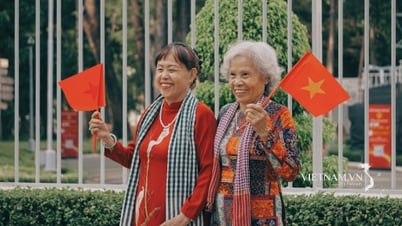




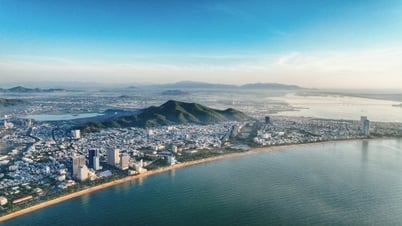

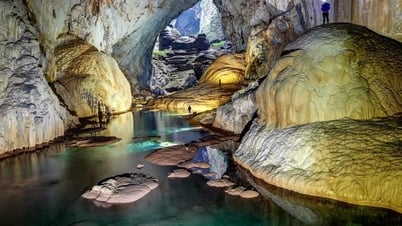


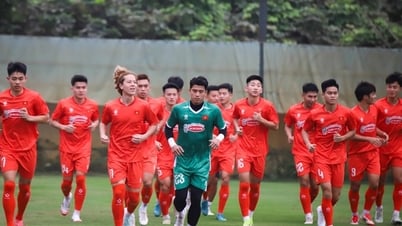





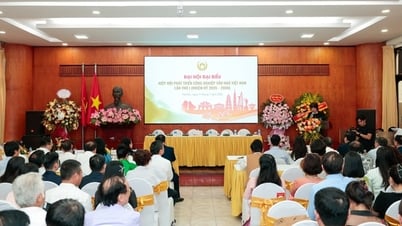






















Comment (0)